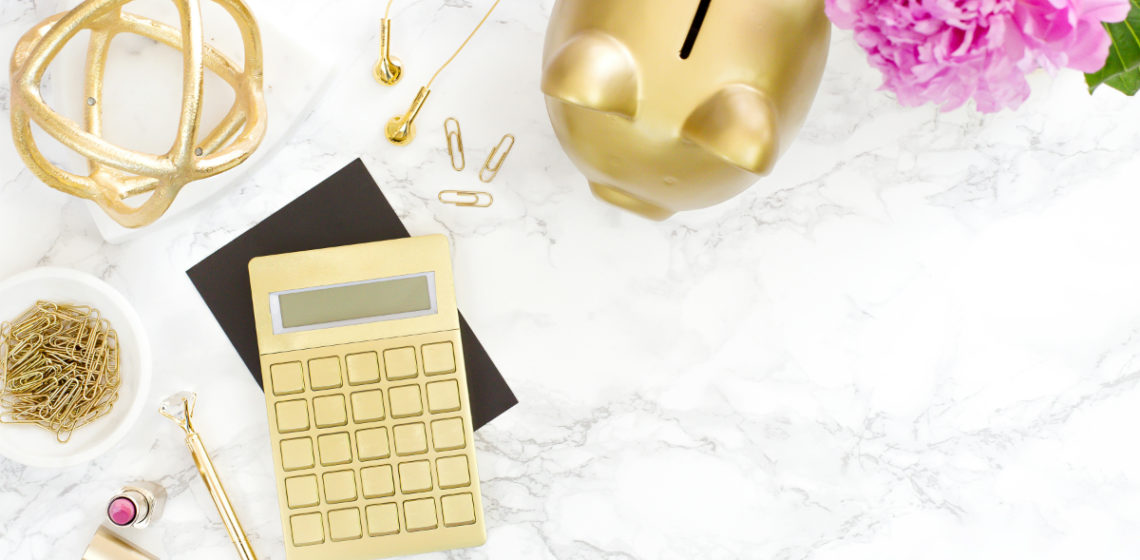Money apps become more and more popular. Are they helping us managing our money or encouraging us to spend more?
“What’s the point where convenience becomes dangerous?” asks Steve Tigar, chief executive of Money Dashboard, a popular financial management app. “Does Apple Pay take you to a point of convenience where it’s just so easy to throw away money?
“I’m not sure, but either you completely reject it and don’t take part in the digital economy, or you embrace it and have a safety net that allows you to monitor your money really, really well.”
According to statistics we spend more every year, and the growth exceeds the inflation levels. In US Household spending levels generally rise from 6,6B $ in 2000 to 12,9 B $ in 2018. In European Union, the spending level also almost doubled while in China it raised from 1,7B $ in 2000 to 8,9B $ in 2018!
At the same time, personal debt levels continue to rise around the world. Some examples: years 2000-2018, % of net disposable income: US from 104 to 109, France 77 to 120, Sweden from 107 to 187, Poland from 12 to 62.
Below some US statistics expressing some serious financial issues:
- Only one in five Americans have something set aside for emergency expenses.
- Only 44% of Americans have enough saved to cover a $400 out-of-pocket expense.
- More than one in four workers does not set aside a portion of their paycheck in savings each month.
- Living paycheck to paycheck isn’t just for those under the poverty line. It is estimated that one in ten American workers, who are making $100,000 a year or more, are living paycheck to paycheck.
Convenience of contactless payment could be encouraging us to spend even more. But either you completely reject it and don’t take part in the digital economy, or you embrace it and have a safety net that allows you to monitor your money really, really well.
According to Forbes: Most of us know the formula for smarter spending: Maximize money coming in, optimize money going out. Life, however, often complicates that formula.
Some serious financial issues, such as lack of budgeting, undisciplined habits, failure to save and invest, could really be helped, even just a small amount, if more people made a conscious effort to look at their finances.
Forbes has got some guidance helping become smarter spender:
MAKE A BUDGET
Boring, sure. But also a critical foundation. (And don’t forget to modify it as
circumstances change.)
AUDIT RECURRING PAYMENTS
You may be blowing more money than you think on services you don’t use.
SHOP SMART
Use digital tools to snag coupons and score free shipping.
TRAVEL FRUGALLY
Go off-season. Make an extra connection for a cheaper fare. Take the bus.
Technology can make us more aware of how much we’re spending and what on, helping us to stick to a budget. By categorizing your transactions, they show you on what you spend the most.
Thanks to the Cube mobile app customers get the tools helping embrace house spendings in a complex way.
- Get insight into your spending habits thanks to exact expenses reports
- Categorize your expenses (food, clothes, travel, leisure, sports, entertainment) to get control over your spendings
- No lost receipts: saved in app for return or claim
- Shop smart and save money by getting dedicated promotions
- Spend your collected loyalty points at items you really need.
Experts notice, when observing consumers behaviors, that consumers either spend too much or save too little. They recommend to conduct regular review and analysis of their budgets.
Cube app allows easily to review expenditures in real time and provides advanced analytical capabilities that allows consumers to effectively manage their personal expenses.
Bibliography:



